Upcoming events

3rd Conference on Artificial Intelligence and Law
Monday, November 10, Portoroz, Slovenia
10:00–12:00 Session 1: Open questions on the EU Act on Artificial Intelligence in practice
Chair: Prof. Dr. Matej Avbelj
• Risk Management System under Articles 9 and 55 of the EU Act on Artificial Intelligence
Dr. Karine Caunes
• Fundamental Rights Impact Assessment for High-Risk Artificial Intelligence Systems under Article 27 of the EU Act on Artificial Intelligence
Prof. Dr. Oreste Pollicino
• Prohibited practices under Article 5 of the EU Act on Artificial Intelligence
Dr. Žiga Škorjanc
• Artificial Intelligence between Human Regulation and Ethics
Assoc. Prof. Dr. Andraž Zidar
Full programme available here.
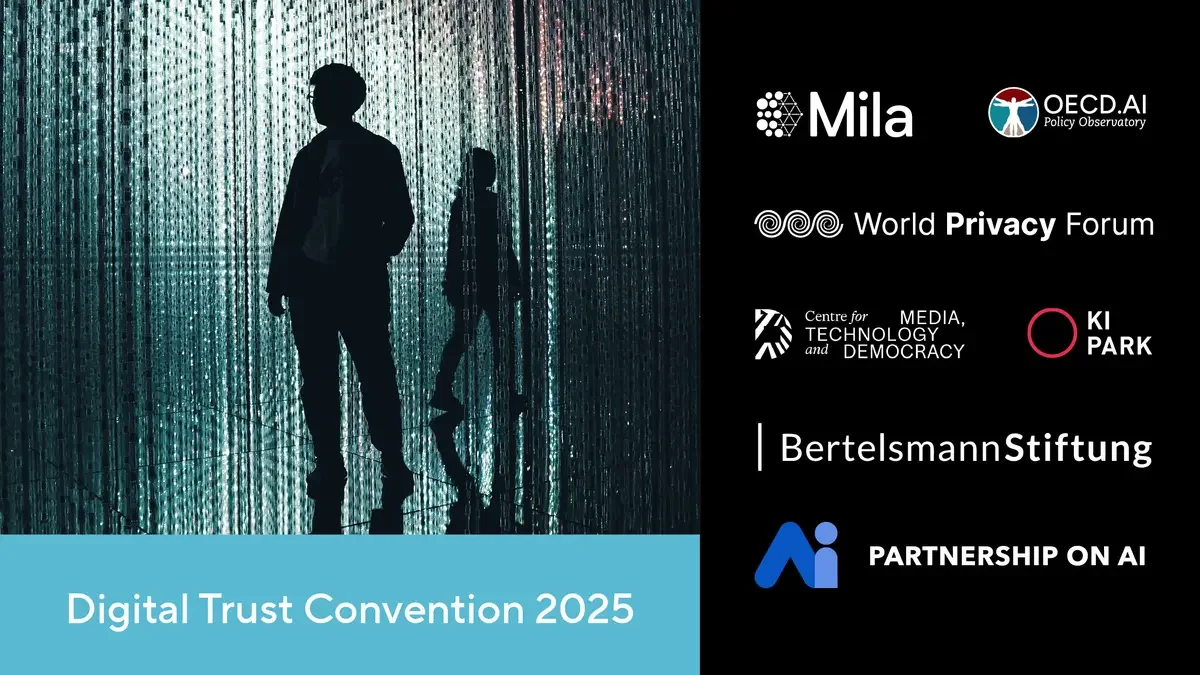
Digital Trust Convention 2025
Building on the success of the inaugural edition hosted by the OECD in its Paris HQ, the Digital Trust Convention returns for its second edition—this time held at renowned AI research institute Mila in Montreal, on November 6 and 7, 2025.
The Digital Trust Convention explores how we can “upgrade” our digital environment to make it resilient against AI-automated bots, fakes and slop that distort democratic discourse, impede transparent markets and hijack human attention. Against a backdrop of authoritarian divisiveness, the Digital Trust Convention aims at a courageous, positive, even joyful digital future for shared humanity.
Specifically, the Digital Trust Convention 2025 will consider questions such as:
How can we (re-)establish trust in people and information?
What approaches, instruments and measures might be effective and sustainable?How can we reliably recognise real human beings in the digital space without compromising privacy?
How can we ensure that every citizen/consumer has a fair chance to be heard and have an impact?
What incentive structures and commercial models are needed to favour constructive, compassionate and consensus-building discourse?
The Digital Trust Convention brings together a unique combination of leading thinkers and experts from the public and private sectors and a broad range of disciplines to connect, share, learn, and engage. The two-day event is dedicated to a number of sessions in a range of formats to build a multistakeholder community and to initiate a positive transformation of our digital environment.
Full programme available here.


UN Global Digital Compact Townhall
The United Nations Global Digital Compact is a comprehensive global framework for digital cooperation and governance of artificial intelligence. Twenty years after the World Summit on the Information Society, it charts a roadmap for global digital cooperation to harness the immense potential of digital technology and close digital divides.
Digihumanism is honoured to have been selected as a speaker in the Global Digital Compact Town Hall due to take place in October 2025. The meeting will focus on the GDC implementation. Digihumanism will share the activities it has carried on at UN, regional and national level to ensure a humanistic governance of AI.
Digihumanism endorsed the Gobal Digital Compact and provided expert feedback on the Independent International Scientific Panel on Artificial Intelligence and the Global Dialogue on Artificial Intelligence Governance, which the United Nations General Assembly established in Resolution A/RES/79/325 in August 2025.

Council of Europe_The 3rd Working Conference: Ensuring Quality Education in the AI Era - Introducing the Council of Europe Compass for AI and Education
The 3rd Working Conference marks the official launch of the AI Compass for Education. It offers a space for policy dialogue, shared learning and forward planning, as well as the design of practical ways to implement the Compass in national contexts. By bringing together governments, educators, students, civil society and the private sector, the Council of Europe is reaffirming its commitment to shaping a future in which AI contributes to quality education for all without compromising the fundamental values that define Europe’s democratic identity.
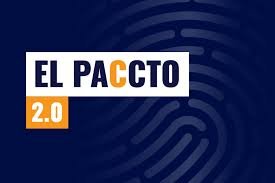
EL PACCTO 2.0_Second Bi-regional Conference on Artificial Intelligence and Crime: fostering innovation in the fight against organised crime
Invited to the conference are high-level technical officials from the justice and security sectors, as well as prosecutors and judiciaries in charge of the fight against transnational organised crime, as well as different regional bodies from Latin America, the Caribbean and the European Union.
The main objectives of the bi-regional conference are:
· Present innovative initiatives in the fight against organised crime, criminal investigation and the
· administration of justice using AI tools.
· Analyse new criminal trends linked to the use of AI systems in the commission of crimes.
· Present case studies carried out by the programme in collaboration with experts in the field.
· To make progress on regulatory and strategic aspects of AI.
· Strengthen inter-institutional and international cooperation.
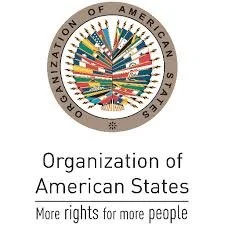
Inter-American Committee on Science & Technology, Working Group 1 meeting on Governance, Regulatory, and Institutional Models on AI
The purpose of the Meeting of Working Group 1 of the Inter-American Committee on Science and Technology (COMCYT), is to provide a structured and coordinated approach for OAS Member States to implement actions to enhance regional AI governance frameworks that foster innovation while respecting human rights and promoting the well-being of the citizens of the Americas.
“Presentations on Governance, Regulatory and Institutional Models on AI
1) Global Norms, Local Realities: The Importance of Adapting AI Governance Models
Dr. Karine Caunes, Executive Director, Centre for AI & Digital Humanism”

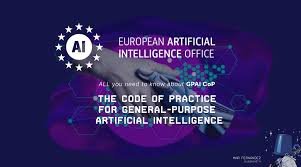

IJCNN2025_Impact of European and International AI Policy, Regulation on Neural Networks
The AI Policy and Regulation panel responds to the imminent global AI policy and regulatory changes that have profound implications for AI and Neural Networks research and industry deployment. By welcoming diverse perspectives from different sectors, the panel unveils how emerging frameworks such as the European AI Act will shape the neural networks research community's technical innovation, deployment, and priorities. This collaborative discussion will assist the community in navigating the complex regulatory landscape, provide insights for AI system pioneers, and allow all to deepen the emerging certification and standardization mechanisms and even fundamental human rights and AI frameworks.
Moderator: Amanda Horzyk
Alexander Kriebitz, Chair of Business Ethics, Technische Universität München
Karine Caunes, Executive Director, Centre for AI & Digital Humanism
Denis Naughton, Former-Minister Communications, Energy, Natural Resources, Climate Action & Environment
Flavia Massucci, Compliance for Digital Specialist at Intesa Sanpaolo
IJCNN (2025.ijcnn.org/) is the premier international conference in the area of neural networks theory, analysis and applications. Since its inception, IJCNN has been playing a leading role in promoting and facilitating interaction among researchers and practitioners, and dissemination of knowledge in neural networks and related facets of machine learning. And Rome with its history and geographical position will further contribute to grow and maintain the role of the IJCNN as a prominent platform for exchange of knowledge in neural networks and artificial intelligence.
Full agenda available here.

CPDP.AI_AI Governance in Africa: Bridging Trust, Ethics, Equity and Regulation
Full session available here.
There is a growing rise in the use of AI technologies across various sectors, which raises various ethical and regulatory concerns for the lawmaker, the users and the developers. This panel will examine the intersection of AI, ethics, security, governance, and the unique challenges and opportunities in the African context. Experts will explore how AI systems can be designed to align with African values, foster trust, and address ethical and regulatory gaps. The session will also examine geopolitical dynamics influencing AI development, particularly the competing roles of global powers and the implications for Africa’s digital sovereignty. Additionally, panelists will consider the need to address underlying inequalities, such as access to technology and the internet, to ensure inclusive AI development that drives innovation and sustainable growth across the continent.
Questions to be answered
What ethical principles which align with African cultural and societal values should guide the use of AI in Africa, particularly in sensitive sectors like health, finance, and governance?
How can cross-border regulatory collaboration address the challenges of AI governance in Africa?
How should African governments balance investments in AI to address fundamental inequalities, such as internet access and digital literacy?
What steps can African governments take to transition from being consumers of foreign AI technologies to becoming innovators in the global AI ecosystem?
Full agenda available here.
MODERATOR: Tami Koroye, University of Bradford - United Kingdom
SPEAKERS:
Karine Caunes, Centre for AI and Digital Humanism (Digihumanism)
Mercy King'ori, Future of Privacy Forum (FPF) - KenyaYomi Ajibade, Insulet - Nigeria
Yomi Ajibade, Insulet - Nigeria

EL PACCTO 2.0_Multi-country meeting on AI regulatory development and regional AI strategy
See presentation here
Justice and security institution representatives, along with AI experts from Latin America, the Caribbean, and the European Union, gathered in Brussels to share experiences and work together on a coordinated response to the challenges posed by Artificial Intelligence — particularly regarding its use by transnational organised crime.
Wednesday, April 23 2025
09:00 – 09:30 Greetings and opening speeches
Speakers:
Diana Montero Melis, Deputy Head of Unit, DG INTPA, European Commission
Tahar Benattia, Deputy Head of Division, Expertise France
Marc Reina Tortosa, Executive Manager of EL PACCTO 2.0
09:45 – 10:15
Keynote speeches on AI regulatory development and key strategies for the development of AI in the justice and security sectors
Karine Caunes, Executive Director, Centre for AI & Digital Humanism (Digihumanism)
o Subject : AI regulatory challenge
Bas Testerink, AI Principal at the National Police Lab AI, Netherlands National Police
o Subject: AI crime and national strategies to be developed
Fabien Gicguelay, Digital Counsellor, Expertise France

#AI Action Summit_Global AI Governance: Empowering Civil Society
The Artificial Intelligence (AI) Action Summit will take place in Paris on 10th and 11th February 2025. It will gather Heads of State and Government, leaders of international organisations, CEOs of small and large companies, representatives of academia, non-governmental organisations, artists and members of civil society. On this occasion, Renaissance Numérique, Digihumanism, The Future Society, Wikimedia France, the Avaaz Foundation, Connected by Data and the European Center for Non-for-Profit Law are glad to invite you to their civil society side-event: the Citizens’ AI Action Summit!
To register for online or on site, please click here
Agenda
9.00-9.30 Welcome coffee
9.30-9.35 Opening remarks
by Charles Bouffier, Partner, IP-IT & Data Protection, Racine Avocats and Samuel Le Goff, Chairman, Renaissance Numérique
9.35-9.50 Introduction
by Caroline Jeanmaire, Senior Associate, The Future Society
Presentation of the results of the experts and citizens consultations organised ahead of the Summit, with a focus on the “Global AI Governance” track.
9.50-10.40 Harnessing AI for the common good: Challenges and democratic solutions
Sarah Andrew, Legal and Campaign Director, Avaaz Foundation: “Artificial Intelligence, Real Damage: the growing evidence of AI’s human rights impact”
Henry Papadatos, Managing Director, SaferAI: “Keeping Large AI Companies Accountable: Risk Management Evaluations”
Zakariyau Yusuf, Director, Tech Governance Project: “African civil society’s role in supporting AI governance coordination”
Jessica Galissaire, Studies Manager, Renaissance Numérique: “Proposals for a more meaningful inclusion of civil society in global AI governance processes”
In their interventions, speakers will share views on current challenges and possible solutions for the future. These short remarks aim to give food for thought to participants for the discussion that will follow.
10.40-11.45 Discussion and ideation of a “Civil Society Wish List for Meaningful Engagement in Global AI Governance”
Involving all participants, moderated by Karine Caunes, Executive Director, Digihumanism, Tim Davies, Research Director, Connected, and Laura Lazaro Cabrera, Programme Director for Equity and Data, Centre for Democracy & Technology Europe
Questions to be addressed include:
What have been the most effective ways for civil society to engage with global AI governance initiatives?
What have been obstacles to meaningful engagement across the years?
How can these obstacles be overcome?
Has civil society been successfully and meaningfully involved in the road to the Paris AI Action Summit? How about during the Summit?
What could be some solutions/recommendations to explore for future Summits and beyond?
If you had one wish that could lead to a more meaningful engagement of civil society in global AI governance efforts, what would that be?
In addition to the actual discussion, participants both online and on-site will be encouraged to share input via an interactive platform.
11.45-12.00 Key takeaways & Next steps
by David Evan Harris, Chancellor’s Public Scholar, University of California, Berkeley
Background & Context
The Artificial Intelligence (AI) Action Summit will take place in Paris on 10th and 11th February 2025. It will gather Heads of State and Government, leaders of international organisations, CEOs of small and large companies, representatives of academia, non-governmental organisations, artists and members of civil society. The event follows two previous summits: one at Bletchley Park (UK) in 2023, focusing mainly on AI safety issues, and another in Seoul in 2025, expanding the agenda to a larger range of issues including safety, innovation and inclusivity.
In the run up to this third global AI summit, its organisers have further expanded the scope to a wider range of topics, centered around the five following areas and each led by a “thematic envoy”: public interest AI; future of work; innovation and culture; trust in AI; and global AI governance.
Across the five themes, they have committed to making the event “as inclusive as possible”, including the participation of civil society.
A number of official side-events are being organised to allow for further discussion on pressing AI governance issues. To this end, a coalition of civil society organisations – Renaissance Numérique, Wikimedia France, Connected by Data, Avaaz, The Future Society, Digihumanism and the European Center for Not-for-Profit Law – are organising a dedicated side event on the importance of actively engaging civil society in the global AI governance discourse.

#AI Action Summit_Responsible AI: International Perspectives
Digihumanism is happy to participate in a breakfeast roundtable organised on February 11, at 8.30am, by Impact AI, in the framework of the Paris AI Action Summit.
The roundtable on Responsible AI: International Perspectives, will feature interventions by:
Karine Caunes Executive Director Center for AI & Digital Humanism
Agata Ferretti, The AI Alliance Lead for Europe
Carsten Maple, Professor Alan Turing institute of Technology
Felecia Webb, Chief strategy Officer, Partnership on AI
Marcin Detyniecki, Groupe Chief Data Scientist @AXA, member of Impact AI Council, will moderate the discussion.

GPAI Code of Practice Drafting Working Group meetings
On 19 December 2024, the AI Office publicly released a Chrismas gift: the second draft of the General Purpose AI Code of Practice.
Next week, participants in the drafing process will gather in online meetings with the thematic Working Group Chairs to discuss the new version of the Code and make further progress in its drafting. See meeting dates below.
Participants have also until mid-next week, ie in the middle of the Working Group sessions and right after the holiday season, to send written comments on the new draft, based on a pre-defined set of questions.
See collective letter drafted by Digihumanism to European Parliament Joint Working Group on the implementation and enforcement of the AI Act on the shortcomings of the drafting process here.
Working Group 3 - Risk mitigation meeting will take place online on Monday, 13 January
Working Group 1 - Transparency meeting will take place online on Tuesday, 14 January
Working Group 2 - Risk identification & assessment meeting will take place online on Wednesday, 15 January
Working Group 4 - Governance meeting will take place online on Thursday, 16 January
Working Group 1 “bis” - Copyright meeting will take place online on Friday, 17 January
See collective letter drafted by Digihumanism to European Parliament Joint Working Group on the implementation and enforcement of the AI Act on the shortcomings of the drafting process here.


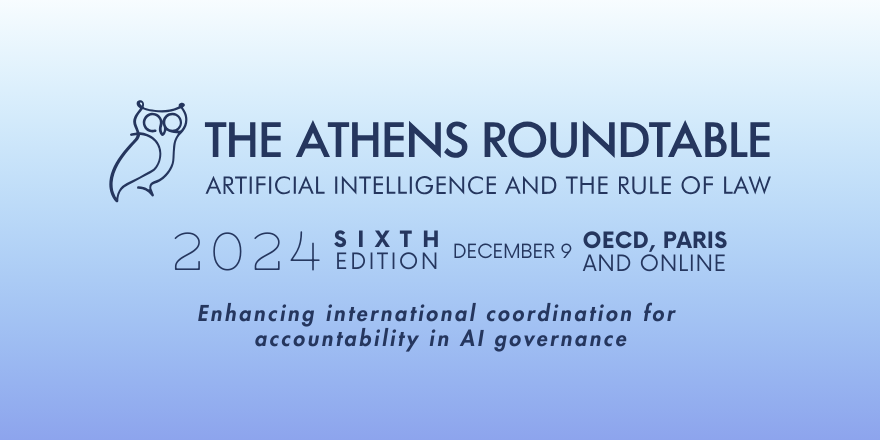
Sixth Edition of the Athens Roundtable on AI and the Rule of Law
The Sixth Edition of the Athens Roundtable on AI and the Rule of Law will take place on Monday, December 9, 2024, at the OECD Headquarters in Paris.
Digihumanism has been invited to participate in the Athens Roundtable and is looking forward to contributing to its objectives:
Assess coordination efforts in the AI governance landscape, particularly through the lens of accountability
Propose concrete objectives and deliverables for France’s AI Action Summit:
Strengthen collaboration between AI governance civil society organizations and advocate for their inclusion in global AI governance.
To learn more about the event, please click here.

EL PACCTO 2.0 - Bi-regional Meeting on Artificial Intelligence and Crime
Digihumanism Executive Director, Dr Karine Caunes, has been invited to participate in the EL PACCTO 2.0 - Bi-regional Meeting on Artificial Intelligence and Crime, due to take place on 2-4 December 2024 in San José, Costa Rica.
EL PAcCTO 2.0 aims to help strengthen institutions and policies in the field of justice and security in Latin America and the Caribbean, by promoting an effective partnership with the European Union.
Karine Caunes will
deliver a “Keynote speech on AI and Crime” on Monday 2 December from 9:45 to 10:15, jointly with Alfonso Peralta Gutiérrez, Judge and Member for the Artificial Intelligence Committee - European Commission for the Efficiency of Justice (AI-CEPEJ), Spain.
participate in a panel “Artificial Intelligence: what is it, what has been its evolution and how can we use it in justice and security?” on Monday 2 December from 11:00 to 12:00, jointly with Jean García Periche, Co-founder and President of GENIA Latin America.
The event will take place in English and Spanish, with simultaneous interpretation.
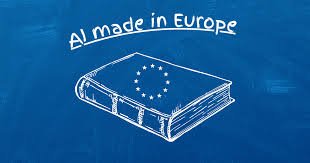
GPAI Code of Practice Drafting Working Group meetings
Dr Karine Caunes, Digihumanism Executive Director and Research Associate at the Jean Moulin Lyon 3 University, was selected to participate in the drafting of the General-Purpose AI Code of Practice.
She was invited to provide expert insights in three of the four Working Groups sessions organised in the third week of November 2024:
Monday 18 November, WG 4 Internal risk management and governance of General-purpose AI providers
How can independent systemic risk assessments be adapted to the magnitude and nature of the relevant systemic risk, e.g., with regards to information security, scope of testing, time to test, transparency, etc.? (Measure 17)Tuesday, 19 November, WG2 Risk identification and assessment
Have you identified any major oversights in the draft, potential loopholes or measures that are not going to have the intended effect or even seem harmful to implement the AI Act?
Thursday 21 November, WG4 Transparency and copyright
1/ How do you recommend that the Code of Practice specifies the obligations regarding Article 53 1b when the General-Purpose AI model distribution is implemented by means of third-party distribution channels?
2/ Do you consider effective and proportionate an obligation to draw-up, keep up to date and make available to the AI Office upon request information on data sources used for training, testing and validation and on authorisations to access and use protected content for the development of a General-Purpose AI model?
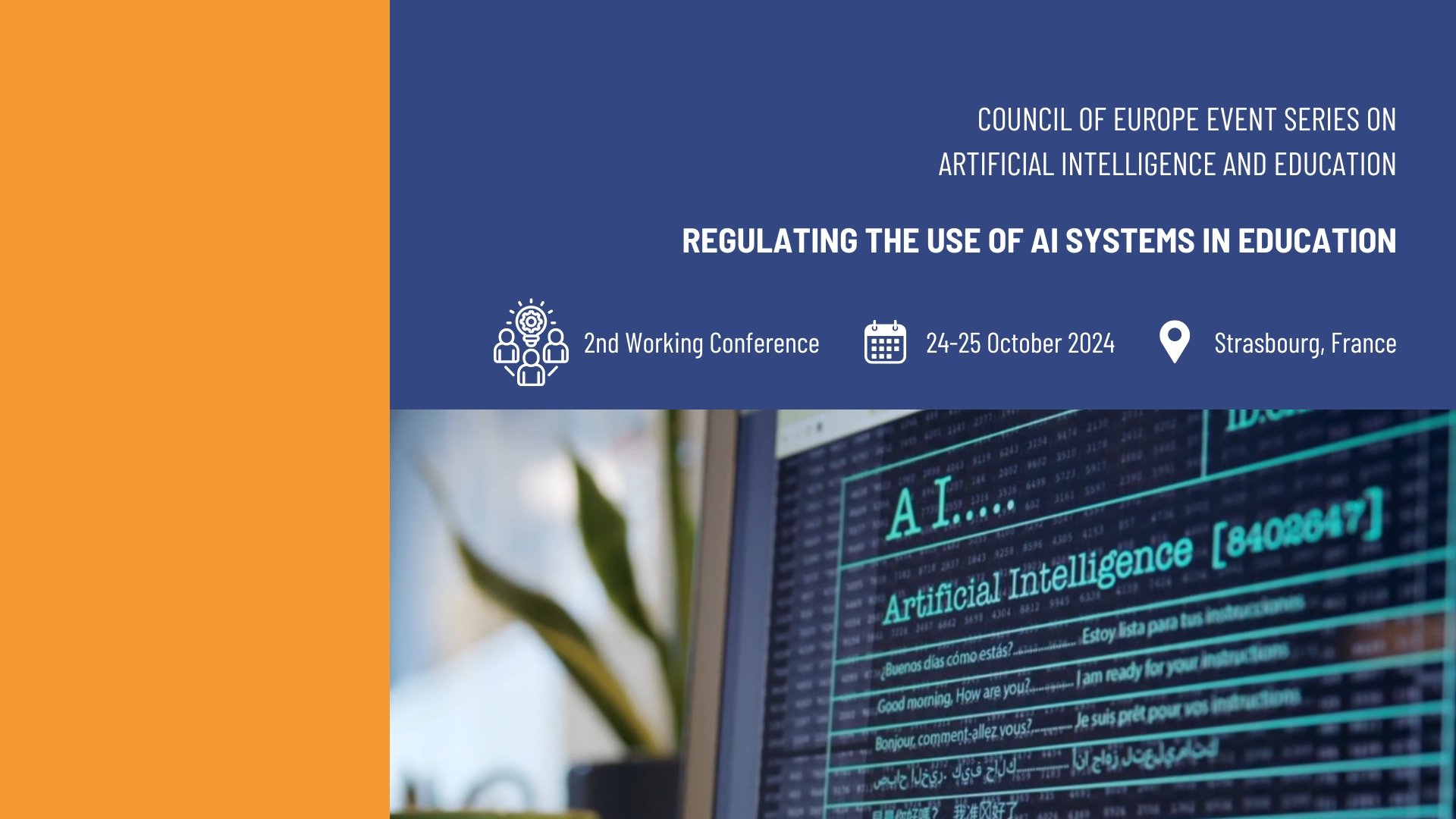
Regulating the use of Artificial Intelligence systems in education
Conference focus and outputs
Dr Karine Caunes, Digihumanism Executive Director, was invited to participate in the expert conference on AI & education.
The Conference will focus on the regulatory dimensions of and key legal and pedagogical considerations for the use of AI in education. It is expected to produce the following outputs, which will be further developed in collaboration with the Steering Committee for Education and interested conference stakeholders:
Actionable recommendations for the development of a legal instrument that ensures the ethical, equitable and effective use of AI systems in educational settings
Key elements for the proposed legal instrument
Informed feedback on the draft Policy Toolbox for Teaching and Learning With and About Artificial Intelligence and the Feasibility study for the development of a European Reference Framework for the Evaluation of Educational Technologies.
Download the concept note here.
Programme outline
Goal setting and context insight statements
Leveraging potential benefits of AI within educational settings
Safeguarding against potential risks and challenges of AI systems
Identifying appropriate components of regulation of AI in education
Stakeholder understanding
Main elements of the proposed legal instrument
Supportive mechanisms
Download the programme here.

Expert Meeting: Assessing High-Risk AI: Fundamental Rights Impact Assessment
The expert meeting aims to discuss the preliminary results of the FRA project on Assessing high-risk AI with a focus on developing guidance for a Fundamental Rights Impact Assessment (FRIA) under the EU AI Act.
Dr. Karine Caunes, Digihumanism Executive Director, was invited to participate in the expert meeting.
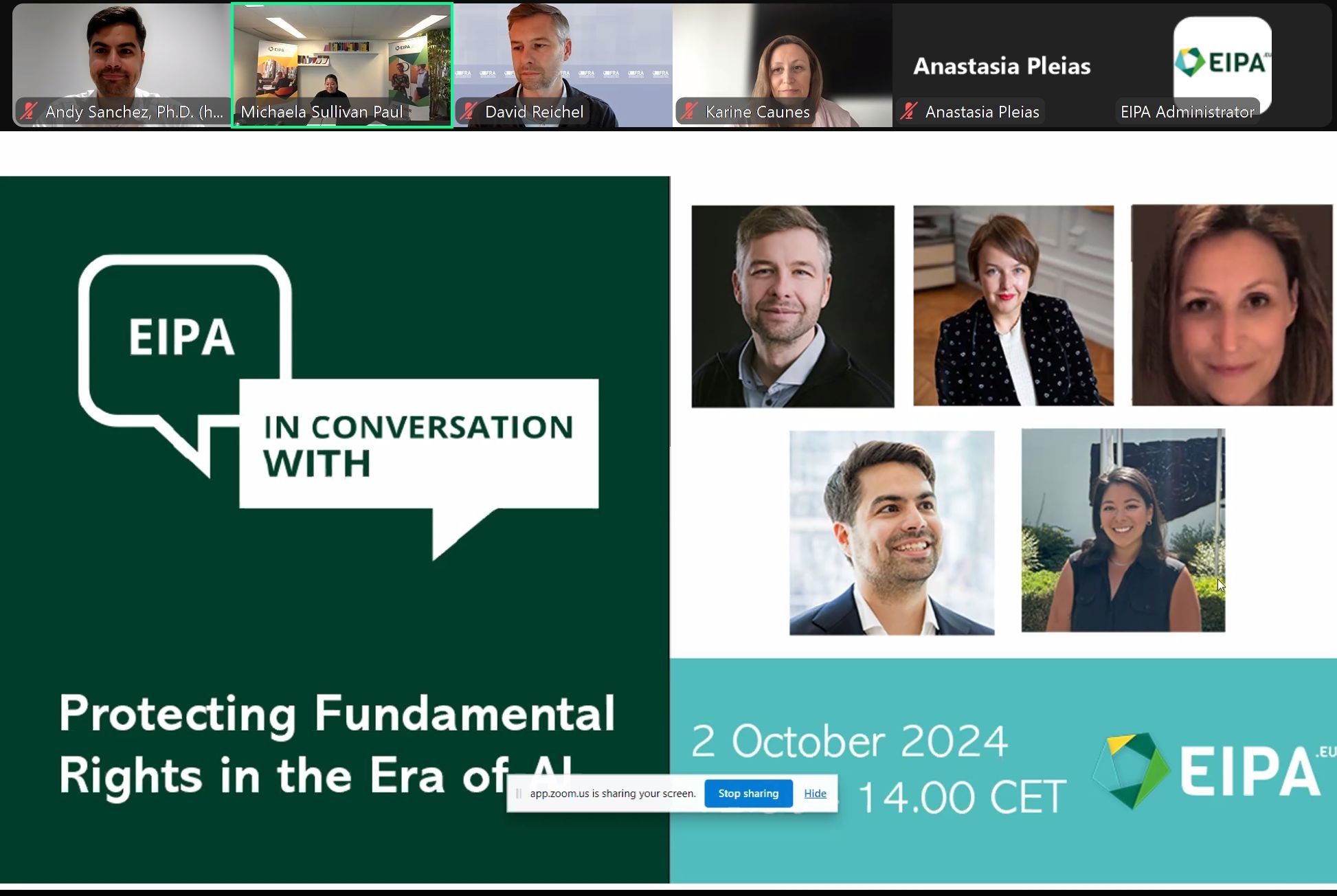
EIPA Roundtable: Protecting Fundamental Rights in the Era of AI
The rapid development of artificial intelligence (AI) has raised concerns about its impact on fundamental rights. As AI increasingly shapes decisions in areas like criminal justice, education, employment, and social services, it’s vital to ensure these technologies protect human rights.
The discussion hosted by EIPA will explore regulatory frameworks, like the EU AI Act and the EU Council Framework Convention on AI, focusing on how they integrate fundamental rights into AI development. We’ll also analyse tools like the Fundamental Rights Impact Assessment (FRIA), identify regulatory gaps, and provide recommendations for ensuring transparency, accountability, and public trust.
Make the most out of your lunch break and discover how we can strengthen human rights protections in AI. Register below and join the conversation on 2 October from 12.30 to 14.00 CET.
Moderation: Michaela Sullivan-Paul
Speakers: Anastasia Stasenko (pleias / Sorbonne-Nouvelle), Andy Sanchez (Erasmus University Rotterdam), Karine Caunes (Digihumanism) and David Reichel (European Union Agency for Fundamental Rights).
Update: You can watch the recording of the roundtable here.
